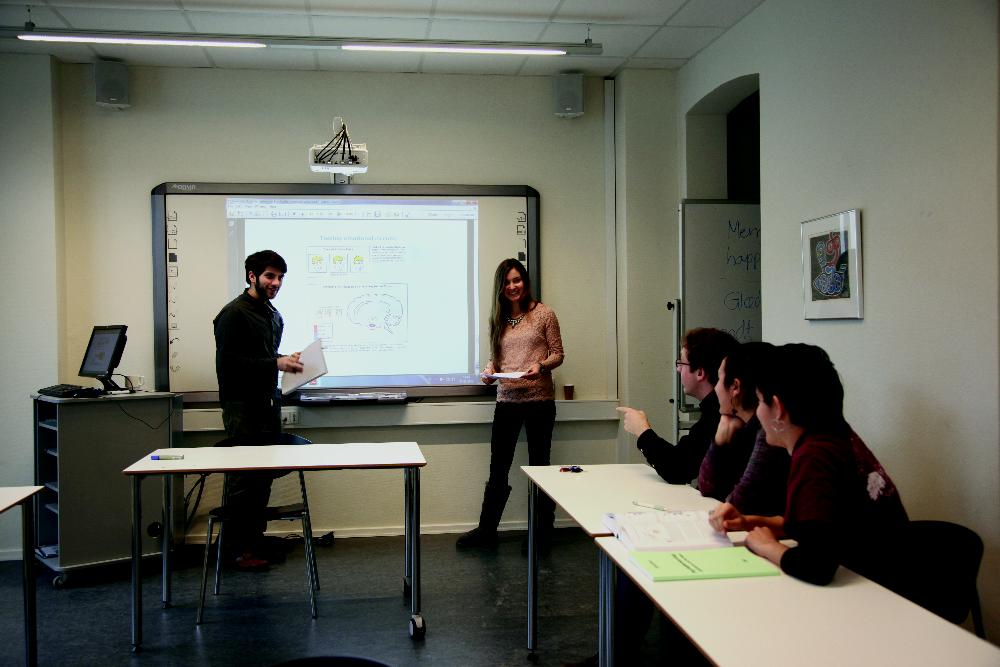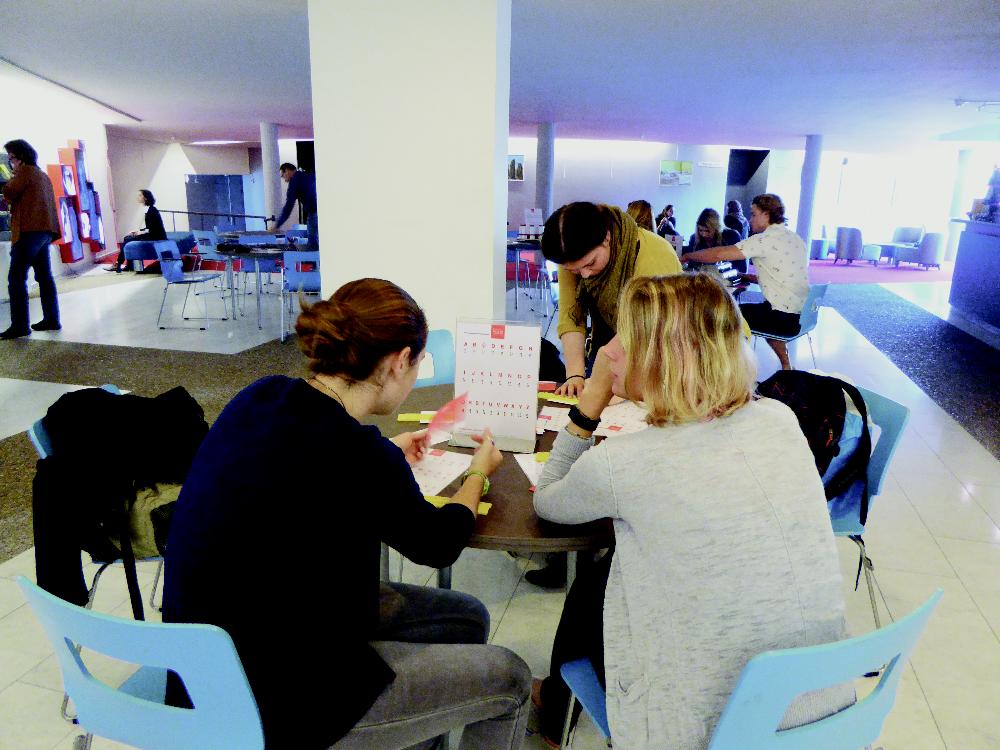Neuroscience
How do we understand the interplay between human emotions and neural networks?
As humans, emotions are intrinsic to our socialization, and influence our cognition and behavior. Study and research the underlying neural networks linked to the experience, understanding, and expression of emotions.

 IS THIS PROGRAM FOR YOU?
IS THIS PROGRAM FOR YOU?
It's a good fit if you study:
- Neuroscience
- Psychology
- Pre-Medicine/Health Science
CORE COURSE OPTIONS
Affective Neuroscience: Emotions, Cognition, and Behavior
Fall/Spring, 3 Credits
In this course, we aim to understand the interplay between human emotions, cognitive processes, and their neural networks. To achieve this, we use findings from the interdisciplinary field of neuroscience and the psychological study and cognition and emotion. Basic, complex, and social emotions are explored from the perspective of, e.g., the subjective experience of emotion, non-conscious processes, how emotions are interpreted, expressed or regulated. Affective systems, neural networks, and their relationship to cognitive processes such as attention, learning, memory, decision making are addressed. Where relevant, human brain imaging findings, pathological conditions, treatment and cultural perspectives are considered.
Week-Long Study Tour: Paris
Core Course Week: Sweden
Prerequisite: One semester of neuroscience, physiological psychology, or biological psychology at university level.
Corequisite: Affective Neuroscience Research Lab
Visit our website for a full list of over 250 additional elective courses!
.png)